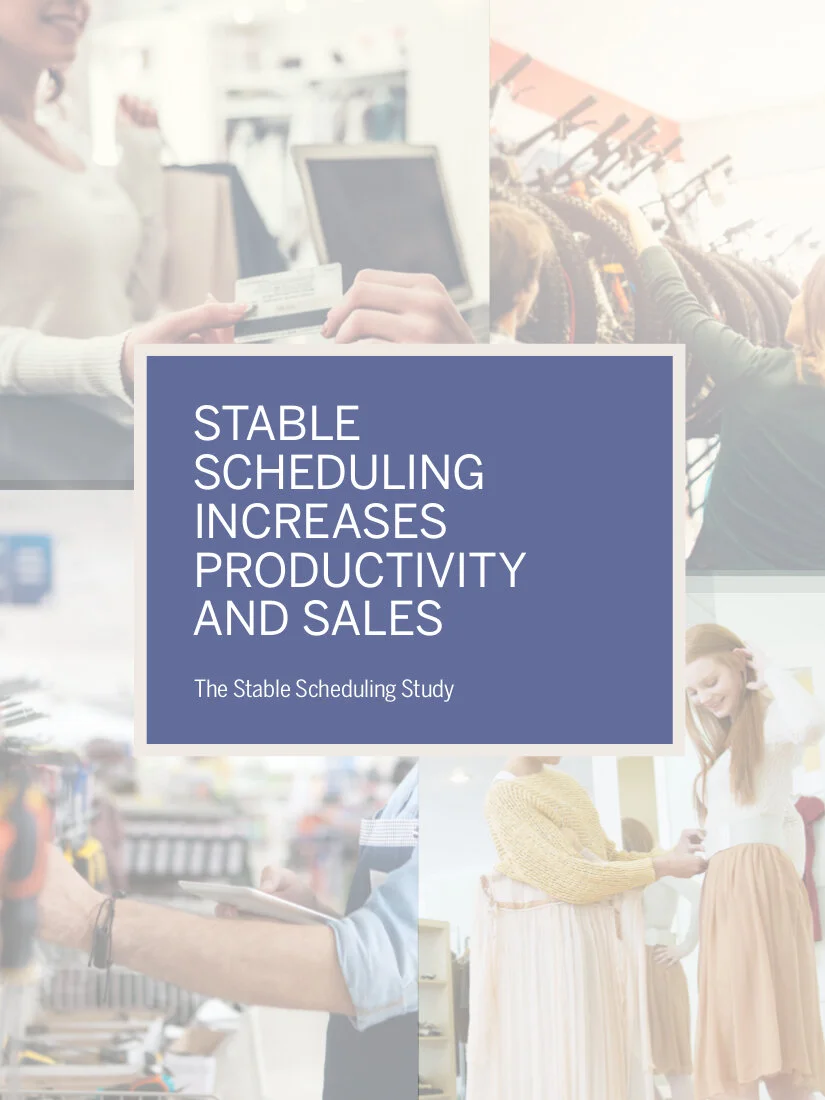Research collaboration
“A Good Job, Not Just Any Job”
What does a good job include? This study by the Project the Middle Class Renewal looks at many different features of workplaces and jobs to see what matters most for workers’ self-rated employment quality. The results suggest job content, work environment, and outlook are the most important components.
To learn more, visit the study website: employmentquality.illinois.edu
Components of employment quality
Selected papers
“Updating Measures of Work Schedules in Federal Surveys.” Report and recommendations co-authored with Susan Lambert for the Job Quality Measurement Initiative of the Families and Workers Fund. Available on SocArXiv. (DOI: 10.31235/osf.io/j3dk5)
Work schedules are an important component of job quality and a critical link between work and other domains of social life. In this report, we conceptualize the core dimensions that define schedule quality (Part A); evaluate the validity of these dimensions using data from establishment and national surveys (Part B); and offer recommendations for improving measures of work schedules in four federally sponsored surveys to capture the changing nature of work schedules and track progress in reducing inequities in work schedules and job quality more broadly (Part C).
“Compensation for Unstable and Unpredictable Work Schedules: Evidence from the National Longitudinal Survey of Youth, 1997 Cohort.” Washington Center for Equitable Growth working paper and website column.
My study strengthens the case for enacting Fair Workweek laws. I show that, on average, workers are penalized rather than rewarded for scheduling risk. Contrary to what opponents of scheduling regulations claim, unpredictable and unstable schedules lower job satisfaction and reduce flexibility for workers.
“On-Call and On-Demand Work in the United States: Adversarial Regulation in a Context of Unilateral Control.” Co-authored with Susan Lambert for Zero Hours and On-Call Work in Anglo-Saxon Countries, edited by Michelle O’Sullivan et al. Singapore: Springer. (DOI: 10.1007/978-981-13-6613-0_6)
The Stable Scheduling Study, aka “the Gap Study”
“Stable Scheduling Increases Productivity and Sales.” Research report to which I contributed as a data analyst for the Stable Scheduling Study, Principal Investigators: Joan Williams, Susan Lambert, and Saravanan Kesavan.

